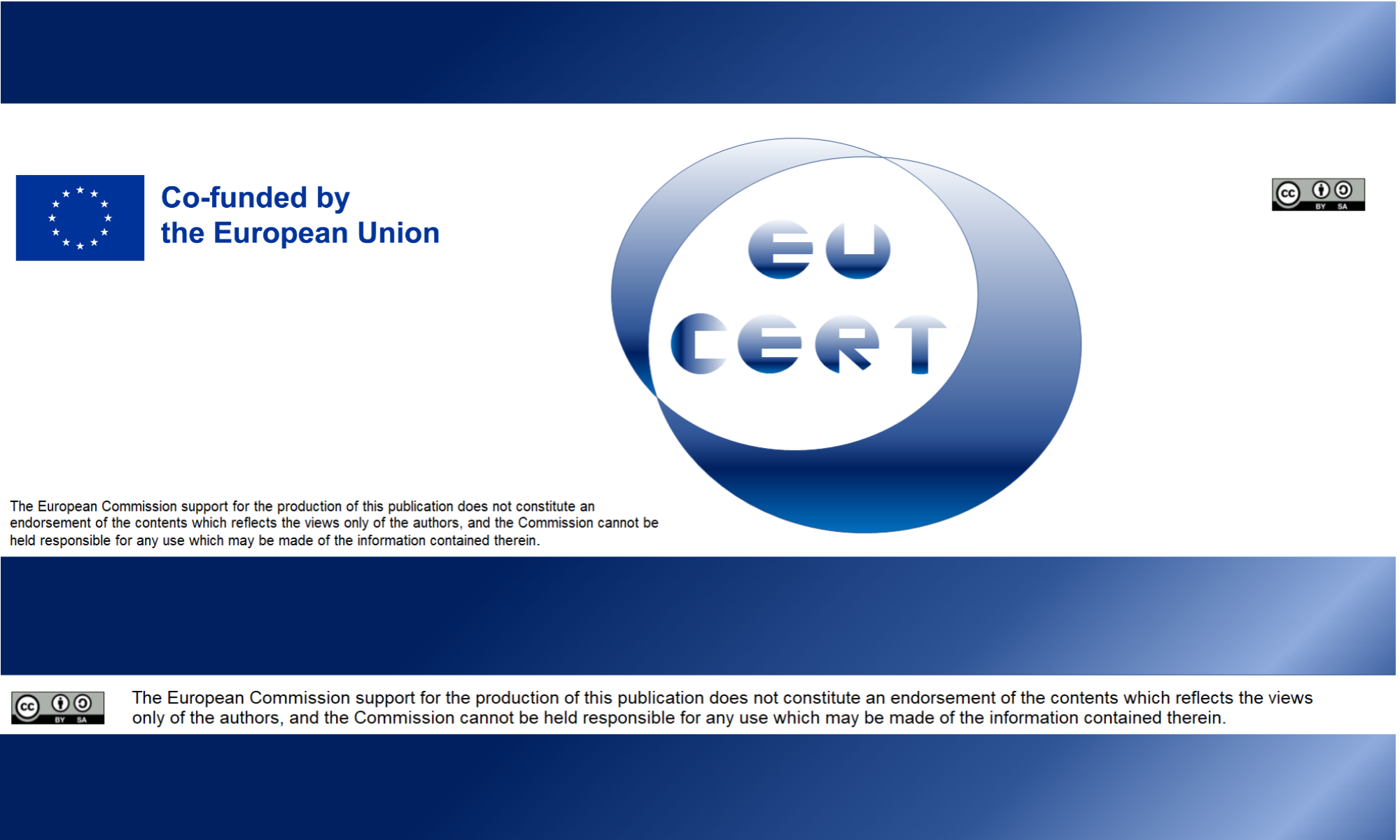The world of lifelong learning and professional development is undergoing a revolution, and the driving force behind it is the ERASMUS+ project EU-CERT – European Certificates and Accreditation for European Projects. This project aims to develop, test, and evaluate European standards for accrediting and certifying projects and educational institutions in the field of adult education. The initial results of this ambitious initiative are highly promising and promise an exciting future for businesses and courses accredited and certified by EU-CERT.
Foundations of EU-CERT
The EU-CERT project is part of the ERASMUS+ program in the field of adult education and has a duration of 28 months. The working language of the project is English, which promotes international collaboration and the exchange of best practices.
In the EU-CERT initiative, a consortium of organizations is working to create an accreditation tool and a detailed accreditation process for ERASMUS+ projects. This process extends not only to the projects themselves but also to their outcomes and outputs, such as courses, modules, curricula, training, software, and much more. The goal of the EU-CERT project is to develop and implement European standards for project accreditation in adult education. This includes creating a stable accreditation structure that can continue to operate sustainably even after the project’s completion.
Visibility and Appreciation of Project Results
A central concern of EU-CERT is to make project results and high-quality outputs more visible and valued. Although measures such as the ERASMUS+ label have taken steps in this direction, they alone cannot guarantee the quality of educational projects. EU-CERT was developed based on a comprehensive needs analysis conducted before the project’s inception.
This analysis provided insights into the existing accreditation and certification structures in adult education related to ERASMUS+. It underscored the need for a formal and systematic process for identifying and assessing the requirements for a certification and accreditation procedure in adult education. Furthermore, it became clear that a PDCA cycle (Plan, Do, Check, Act) alone would not provide a sufficient basis for quality assurance and accreditation in adult education.
The Importance of the Needs Analysis
The needs analysis that preceded EU-CERT was a key piece in the development of this project. It indicated that there was a clear gap in the accreditation and certification of adult education projects, and this gap needed to be addressed. The needs analysis was a formal and thorough examination of existing processes and structures. This helped the EU-CERT consortium develop a sustainable and practical approach to closing this gap.
The Future of EU-CERT
The initial evaluation results of the EU-CERT project are extremely positive and suggest that this project will make a significant contribution to improving the quality and recognition of educational projects in adult education. Businesses and courses accredited and certified by EU-CERT will benefit from increased visibility and appreciation. This will not only enhance the quality of education but also contribute to advancing adult professional development at the European level.
In a time when lifelong learning and professional development are of critical importance, EU-CERT could be the key to promoting quality and excellence in adult education. The development of European standards for accreditation and certification will ensure that educational projects across Europe are conducted at a high standard. The positive evaluation results are a promising start, and the future of EU-CERT looks promising. Businesses and courses relying on EU-CERT can count on successful and recognized professional development

